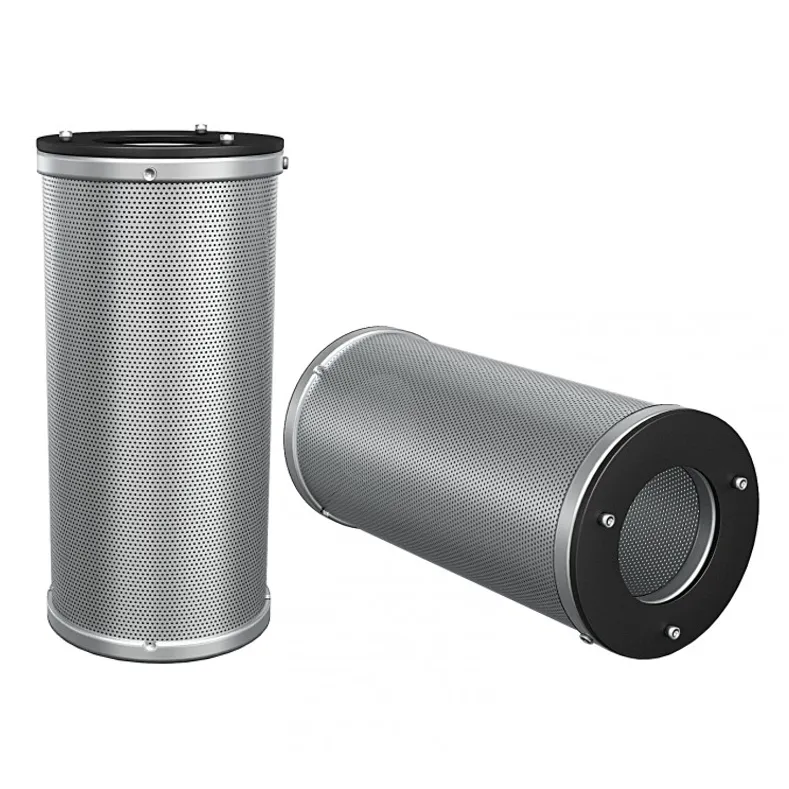 Tel:
+8615930870079
Tel:
+8615930870079
okt . 15, 2024 18:02 Back to list
Air Intake Filter Solutions for Enhanced Gas Turbine Performance and Efficiency
Importance of Gas Turbine Air Intake Filters
Gas turbines are pivotal in various industries, providing reliable power generation and propulsion for aircraft. Their efficiency largely depends on the quality of the air ingested, particularly how effectively contaminants are filtered out before combustion. This is where air intake filters play a crucial role.
Air intake filters serve as the first line of defense, protecting the sensitive components of a gas turbine from dust, dirt, and other particulate matter. The quality of the incoming air is critical; contaminants can lead to erosion, corrosion, and fouling which ultimately degrade performance and reduce the lifespan of the turbine. The introduction of clean air maximizes the efficiency of the combustion process, ensuring that the turbine operates at optimal performance levels.
Types of Filters
There are several types of filters used in the gas turbine air intake systems, each designed for specific operational environments and levels of filtration efficiency. The most common types include
1. Panel Filters These are made from fibrous materials and are used for lower airflow applications. They provide good filtration for larger particulates and are often used as pre-filters.
2. Bag Filters These are highly efficient and can capture smaller particles compared to panel filters. They are beneficial in environments with high levels of particulate contamination.
3. Cyclone Filters Utilizing centrifugal force, these filters remove larger particles from the air before it enters the finer filtration systems. This pre-separation stage is vital in prolonging the life of downstream filters.
4. HEPA Filters High-Efficiency Particulate Air (HEPA) filters are used in situations demanding high levels of cleanliness. They can filter out at least 99.97% of particles that are 0.3 microns in size.
gas turbine air intake filter

Maintenance and Monitoring
The effectiveness of gas turbine air intake filters can deteriorate over time due to accumulation of contaminants. Regular maintenance is crucial to ensure that these filters continue to function properly. A well-planned maintenance schedule includes routine inspections and timely replacement of filters based on manufacturer recommendations or operational conditions.
Monitoring the pressure drop across the filters is a common practice to assess their condition. An increase in pressure drop indicates that the filter is becoming clogged and requires cleaning or replacement. Additionally, advancements in technology have led to the implementation of sensor-based systems that can provide real-time data on filter performance, enabling proactive maintenance.
Challenges and Considerations
While the benefits of air intake filters are substantial, several challenges need to be considered. For instance, operating in extremely dusty environments may require more frequent filter changes and greater filtration capabilities. Additionally, filter efficiency can be adversely affected by factors such as temperature and humidity, which can reduce the overall performance of the turbine.
Selecting the right filter involves a balance between cost, efficiency, and maintenance requirements. High-efficiency filters may be more costly, but the long-term savings in turbine maintenance and the potential for increased efficiency can outweigh the initial investment.
Conclusion
In conclusion, gas turbine air intake filters play an indispensable role in ensuring the longevity and efficiency of gas turbines. With the right selection, regular maintenance, and monitoring, these filters can significantly enhance turbine performance and reliability. As industries continue to push for cleaner and more efficient energy solutions, understanding and investing in high-quality filtration systems will remain a priority for operators of gas turbines around the globe. By doing so, they not only protect their equipment but also contribute to more sustainable energy production practices.
-
Types and Applications of Air Filtration CartridgesNewsJul.28,2025
-
The Role of Gas Turbine FiltersNewsJul.28,2025
-
Mastering Air Filter Cartridge UseNewsJul.28,2025
-
Advanced Turbine Filters for Modern Gas TurbinesNewsJul.28,2025
-
Cellulose Air Filter Cartridge Advantages in Dust FiltrationNewsJul.28,2025
-
Cellulose Filters for Air Particle ReductionNewsJul.28,2025

 Email:
Email:





